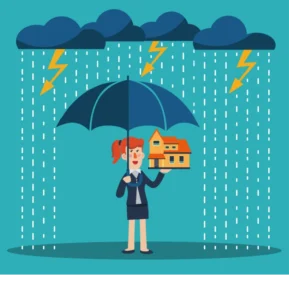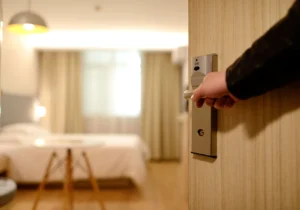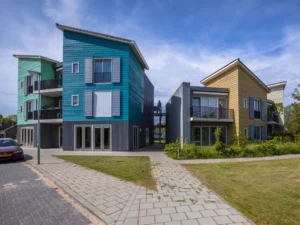Equal Housing And How It Relates To HB2
In the world of real estate in America, federal fair housing laws have been put into place to protect would-be buyers, renters and borrowers from being unfairly treated. These laws ensure that whether you’re talking about mortgage lending or rental agreements, no one may make judgments based on race, color, national origin, religion, sex, disability, children, etc.
Why is this important? How does the Fair Housing Act relate to modern developments such as HB2 — otherwise known as the Charlotte Bathroom Bill — that are in the news today? To help answer these questions, let’s take a look at equal housing in America and why it’s relevant to current issues.
What Is the Fair Housing Act?
The most recent Fair Housing Act was signed in 1968 and prohibits housing discrimination in the sale, rental, and financing of dwellings, and in other housing-related transactions, based on race, color, national origin, religion, sex, familial status…and disability,” says the U.S. Department of Housing and Urban Development. What this means is, based on those qualifications listed above, landlords, sellers and financers may not:
- Deny a property
- Deny property rental or sale
- Deny property negotiation
- Deny a loan
- Create different terms for different candidates
- Advertise only to or otherwise limit who may apply
- In any way threaten or coerce applicants
- Avoid making reasonable modifications to accommodate clients
What Is HB2?
Signed into effect in March 2016, HB2, also known as the Public Facilities Privacy & Security Act, is a new law that makes it illegal for individuals to use public bathrooms in North Carolina that do not correspond with their biological sexes. This means transgender individuals, despite the genders with which they identify, have to keep using the bathrooms that match the genders on their birth certificates.
How Fair Housing Laws Relate to HB2
What the Fair Housing Act and HB2 both have in common is an acknowledgement of diversity and people who are different from one another. Where the Fair Housing Act seeks to offer fair, nondiscriminatory treatment to all people regardless of gender, marital status, race, etc. (even when doing so requires making special accommodations), the HB2 law has raised great controversy over its refusal to accommodate transgendered individuals.
In keeping with the spirit of fair housing rights in America, the AAOA firmly supports equal opportunities for all individuals, both in real estate and beyond. With that in mind, it wants to help its members comply with federal laws even when they contradict local legislation. Additionally, the AAOA will be showing support to the LGBT community at this time by donating some of the proceeds of its sales in North Carolina and Mississippi to LGBT organizations.













 Accessibility
Accessibility